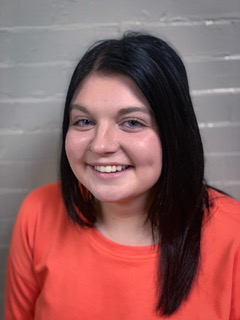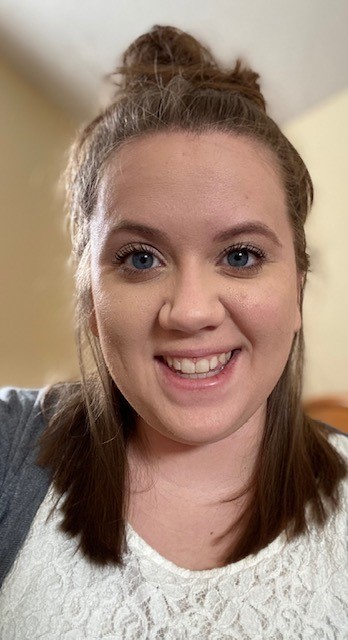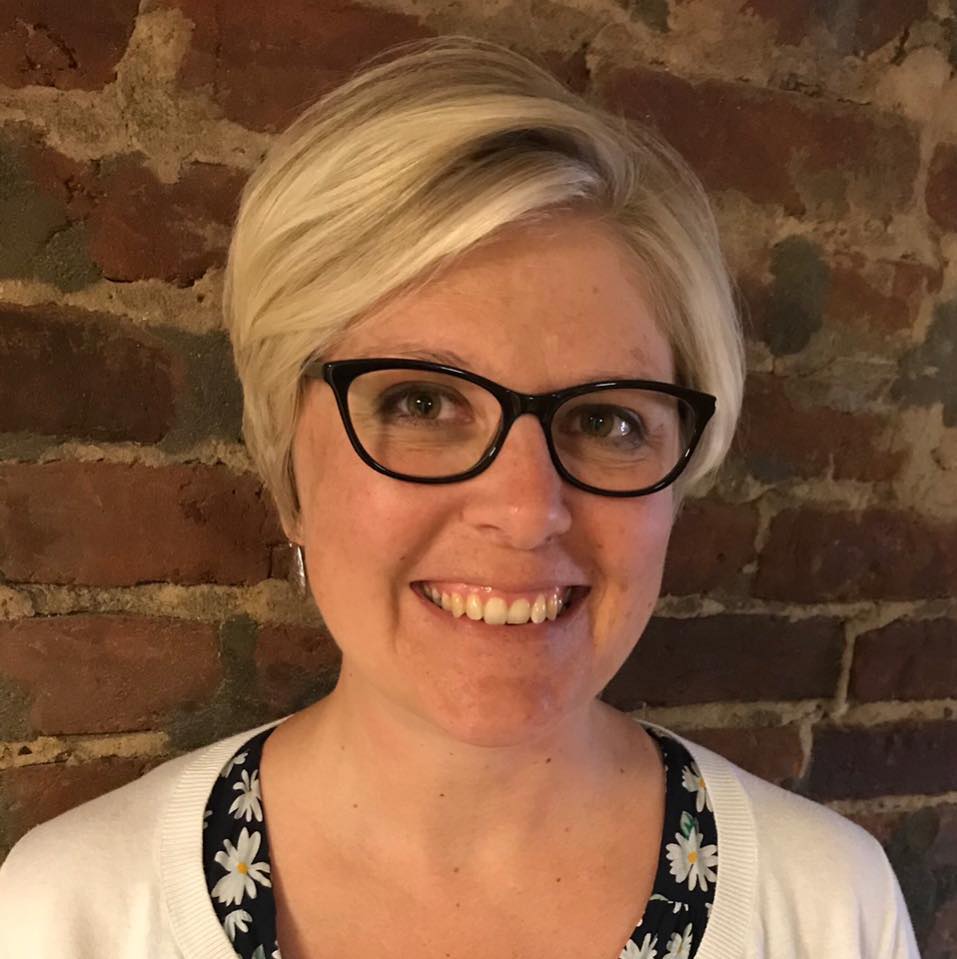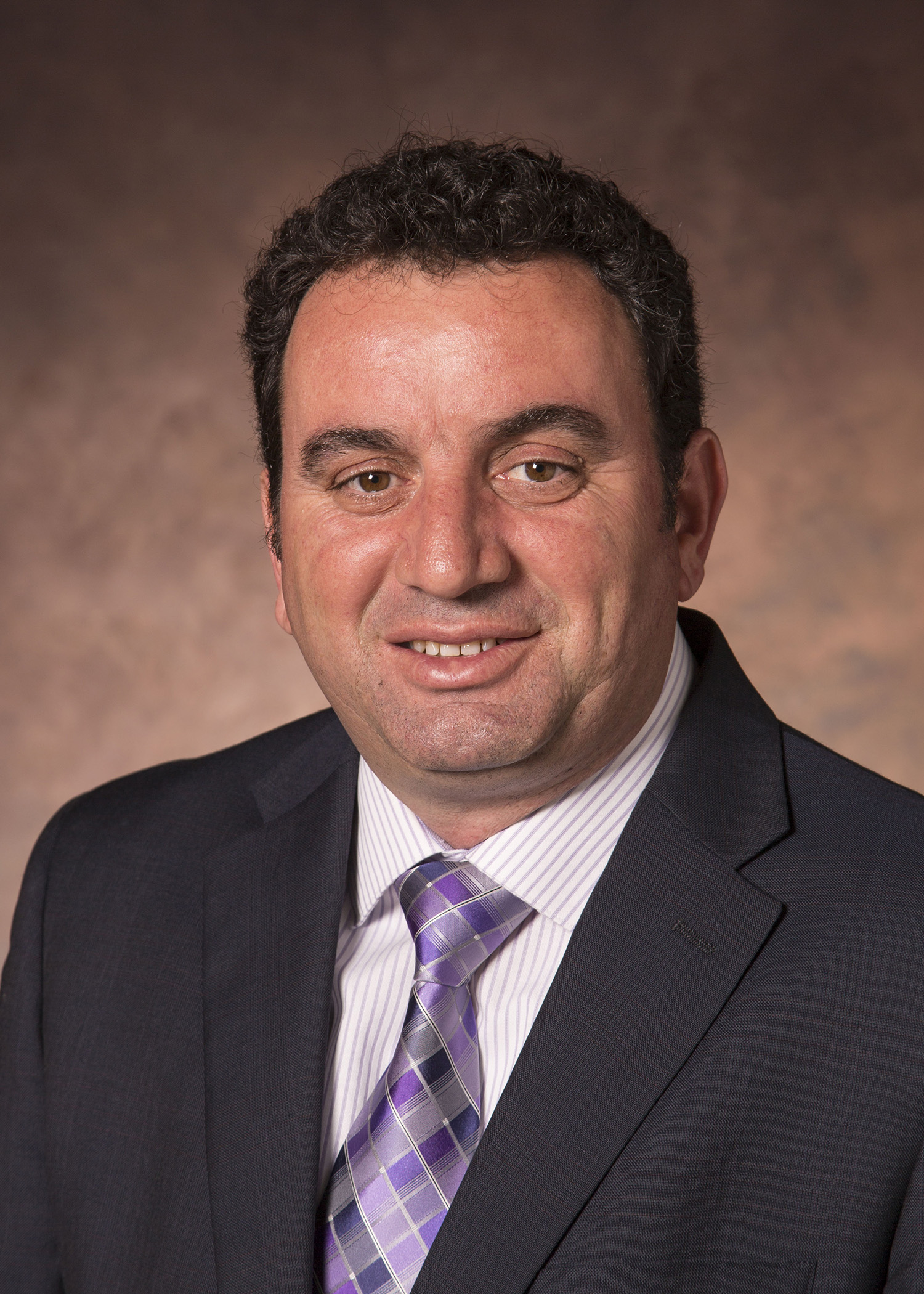Speaker(s):
Melissa Palmer, PharmD, BCPS, BCPP
Presentation:
Methamphetamine use disorder has no current FDA-approved medications for treatment, although it is an increasingly prevalent concern. In 2016, the National Survey on Drug Use and Health reported that there were 684,000 people ages 12 and older with a methamphetamine use disorder. Data from the Substance Abuse and Mental Health Services Administration reported that treatment for methamphetamine use increased by 52% from 2012 to 2016. Several medications have been studied in an off-label manner, although the 2015 VA/DoD Clinical Practice Guidelines for the Management of Substance Use Disorders has opined that there is insufficient evidence to recommend for or against the use of any pharmacologic agents for methamphetamine use. Medications that have been researched include disulfiram, topiramate, modafinil, bupropion, agonist replacement, and baclofen. Evidence supporting the use of these agents will be reviewed and discussed, including application to clinical care.
Objectives:
- Compare and contrast pharmacologic agents used in the treatment of methamphetamine use disorder.
- Identify patients who could benefit from medication therapy.
- Develop a patient-centered treatment plan considering patient-specific factors such as co-morbidities and socioeconomic parameters.
Slides and Handouts:
PALMER_Methamphetamine Use Disorder 5.6






